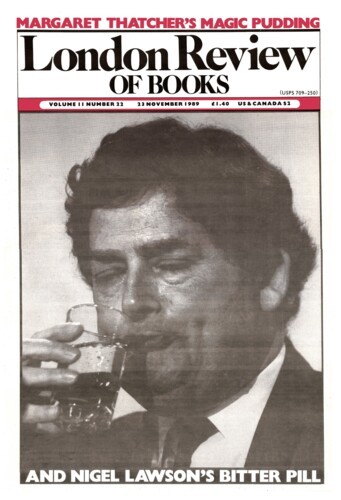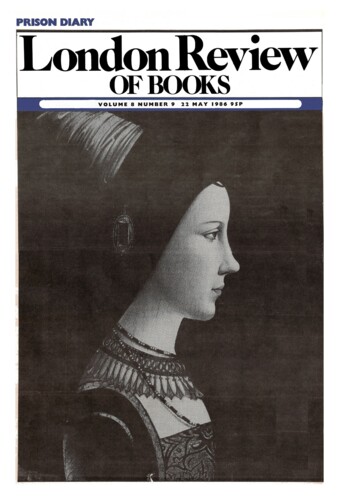Prisoners
David Saunders-Wilson, 23 November 1989
Rosie Johnston, white and privileged; Edward Johnson, black and poor, For several months between 1986-1987 they shared the experience of imprisonment. Rosie Johnston was to emerge from HMP East Sutton Park in June 1987, having been sentenced to nine months for the possession of heroin and for supplying it to her friends at Oxford University (including a Cabinet Minister’s daughter). Two weeks prior to her release, Edward Johnson was taken to the gas chamber at Parchman Penitentiary, where he died, despite a final desperate attempt to gain a stay of execution. Apart from prison, Rosie and Edward had very little in common. For one thing, Edward was innocent.



